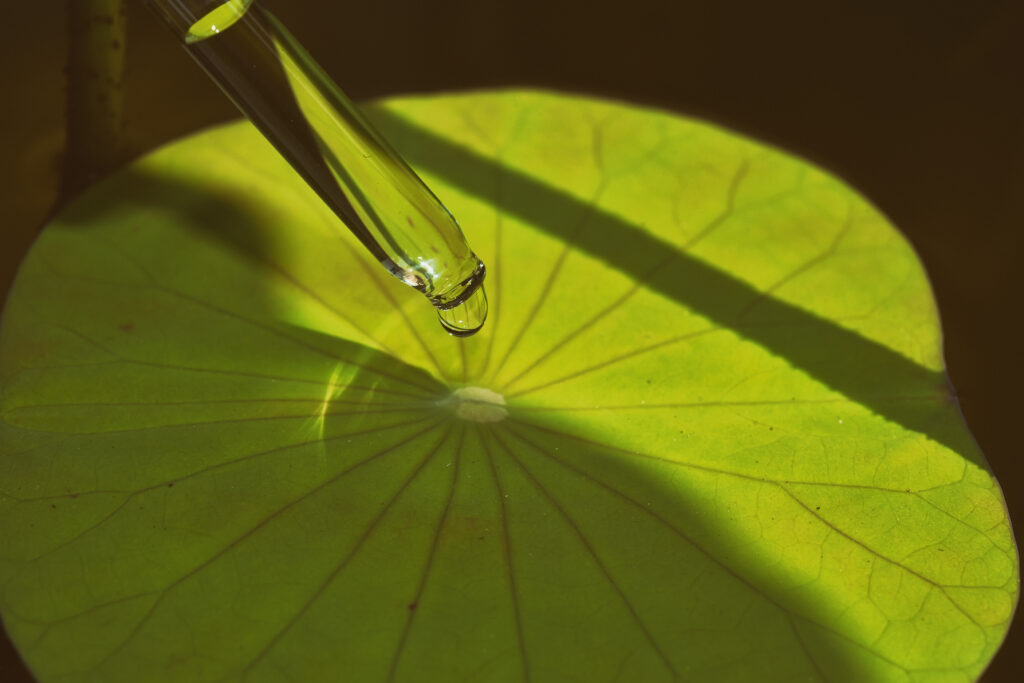Summary: Protein hydrolysates (PHs) represent a significant category of plant biostimulants, characterized by mixtures of polypeptides, oligopeptides, and amino acids derived from protein sources through partial hydrolysis. Typically applied as foliar sprays or near the roots, PHs are extensively utilized in agricultural crops for enhancing plant nutrient uptake, growth, yield, and fruit quality, as well as for their beneficial effects on crop tolerance to abiotic stresses.
This paper provides an overview of the chemical characteristics of PHs, the timing and frequency of their application, their impacts on plant metabolism and physiology, as well as their biostimulant activities on yield and product quality. Additionally, we present experimental data on the application of a commercial plant-derived protein hydrolysate called ‘Trainer’ across various agricultural crops grown under diverse environmental conditions.
This comprehensive review aims to contribute to a better understanding of the potential benefits and applications of PHs in modern agriculture, highlighting their role in promoting sustainable crop production and resilience in the face of changing environmental conditions.
Publication: Scientia Horticulturae









